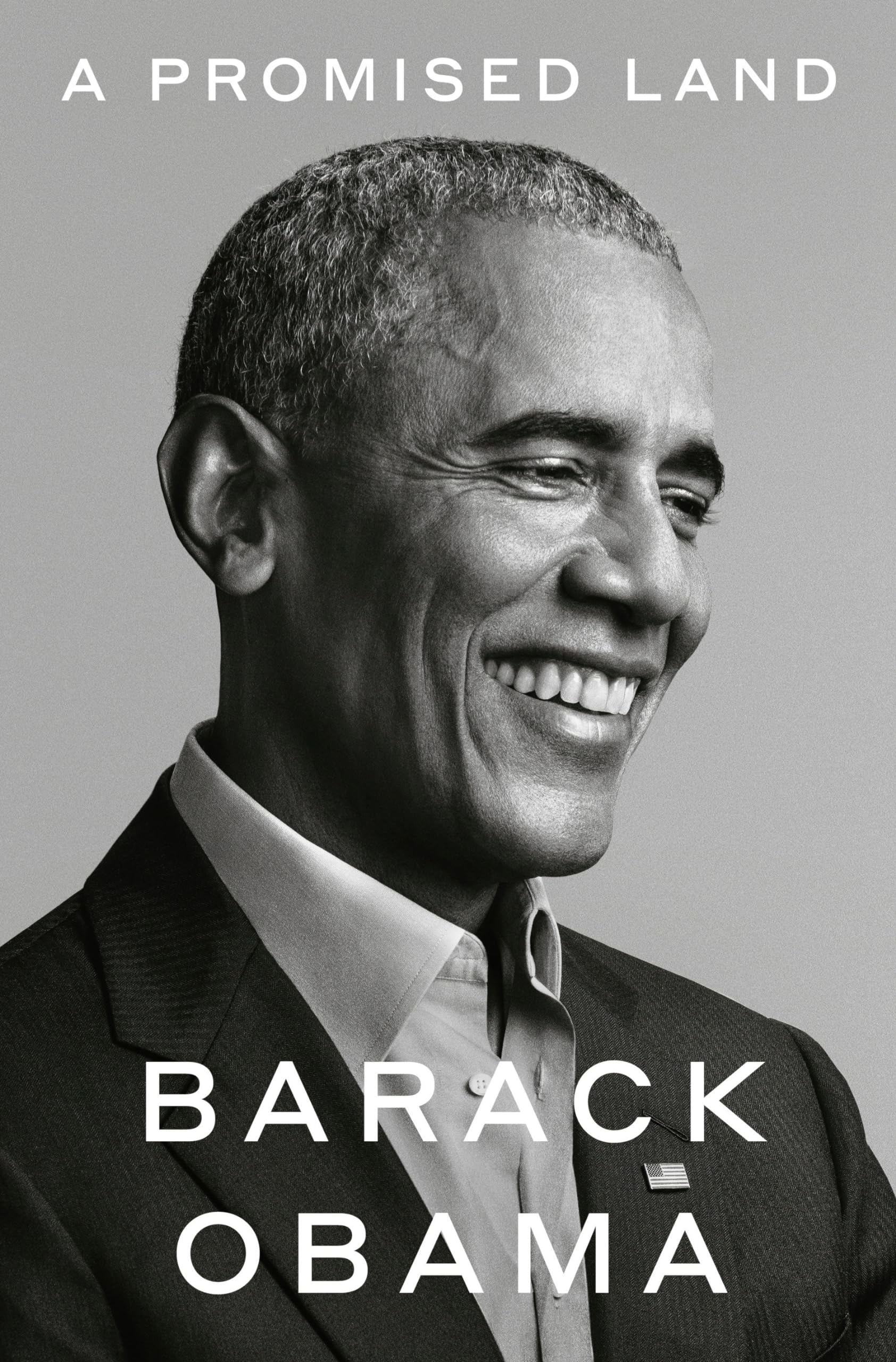CHAPTER 4: Embracing the Presidential Campaign and Its Challenges
byChapter 4 begins with the author recounting numerous encounters with individuals who, even before he had considered a presidential run, expressed an unshakable belief that he was destined for the highest office in the country. Whether through casual conversations, direct encouragement, or even moments that felt almost prophetic, people seemed to see something in him that he, at times, struggled to see in himself. While flattered by their confidence, he remained skeptical of the idea that fate alone could determine one’s path. He believed that hard work, perseverance, and a series of strategic choices—not preordained destiny—shaped a person’s trajectory, especially in the unpredictable realm of politics. Chapter 4 explores this internal conflict, shedding light on the tension between external expectations and personal conviction.
As 2006 unfolded, however, the feasibility of launching a presidential bid became increasingly difficult to ignore. The political landscape was shifting, and there was a growing sense of urgency among Democratic leaders to find a candidate who could inspire, unite, and challenge the status quo. While his inner circle advised him to keep his options open, he remained hesitant, fully aware of the sacrifices and responsibilities that came with such a monumental decision. Yet, as he traveled across the country, engaging with voters and sensing the deep desire for change, he began to realize that his ability to bridge ideological and demographic divides made him uniquely positioned to run. Political insiders, experienced strategists, and party leaders took note of the growing enthusiasm surrounding him and saw in him the potential to reinvigorate not just the Democratic Party, but the entire American political landscape.
In discussions with seasoned senators and political advisors, the viability of a campaign was analyzed from both strategic and existential perspectives. The Democratic primary was expected to be highly competitive, with formidable opponents who had the experience, resources, and name recognition to make the race a grueling contest. Despite this, his team recognized that his appeal went beyond traditional political calculations. His message of unity and hope resonated deeply with people disillusioned by partisan bickering, and his ability to connect with audiences in a way that felt genuine and unscripted gave him an edge that was difficult to quantify but impossible to ignore. The challenge, however, was determining whether the risk of running—and potentially losing—was worth the opportunity to bring about real, transformational change.
Beyond the political considerations, personal factors loomed even larger. Running for president would mean placing his family under an unprecedented level of scrutiny, subjecting them to relentless media coverage and the inevitable attacks from opponents. His wife, Michelle, was especially vocal about her concerns, having already witnessed the toll that political life had taken on their family. She understood better than anyone the cost of such an undertaking, and while she supported his aspirations, she was not willing to blindly embrace a path that could fundamentally alter their lives without careful thought. The tension between ambition and personal responsibility became an ongoing discussion within their household, as they weighed the impact a campaign would have on their marriage, their children, and their sense of normalcy.
A defining moment occurred during a crucial strategy meeting when Michelle asked him a simple yet profound question: why did he, specifically, need to be the one to run? It was a question that forced him to articulate his motivations beyond political ambition or party loyalty. His response was rooted in something deeper—a belief that his candidacy represented more than just a policy agenda; it was about changing the very nature of how people saw leadership and governance. He understood that his presence on the national stage symbolized hope for many who had long felt marginalized, and that his election could serve as a powerful statement about the progress America was capable of achieving.
This chapter masterfully intertwines the personal and political, capturing the gravity of the decision to pursue the presidency. It highlights the weight of expectation, the strategic maneuvering required to assess viability, and the deeply personal conversations that shape such a life-altering choice. The journey toward embracing a presidential run is depicted not as an act of blind ambition, but as a calculated leap of faith—one driven by an unwavering commitment to service, a belief in the promise of democracy, and the conviction that real change was not just possible, but necessary. Through these introspective moments, the chapter underscores the immense stakes of leadership, the balance between pragmatism and idealism, and the realization that the path to the presidency is not merely about seeking power, but about embracing the responsibility that comes with it.

